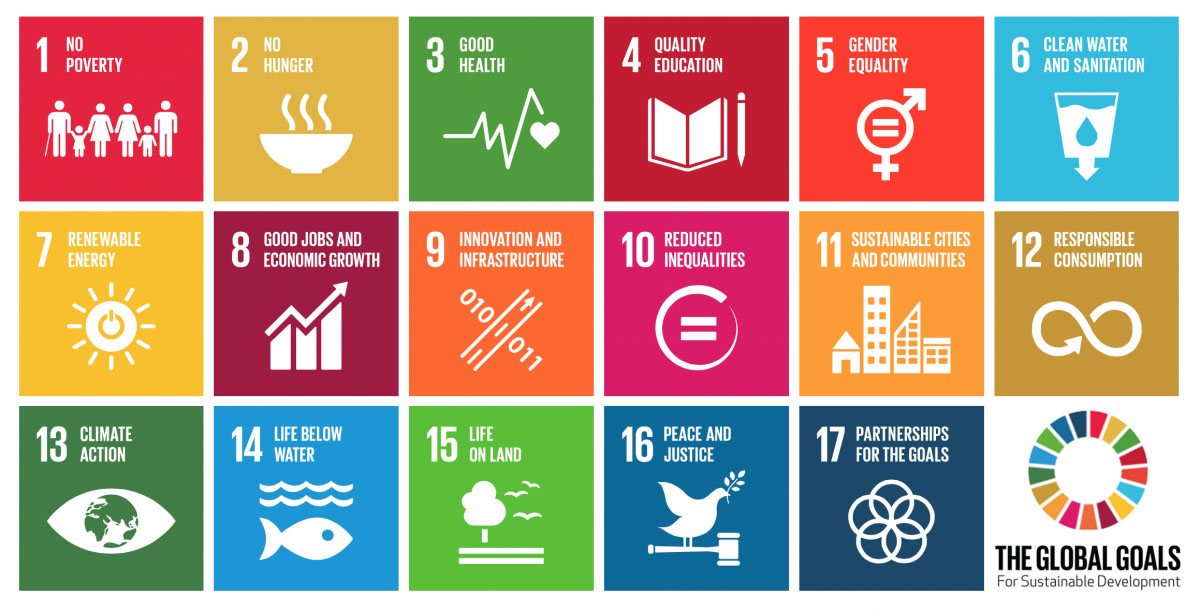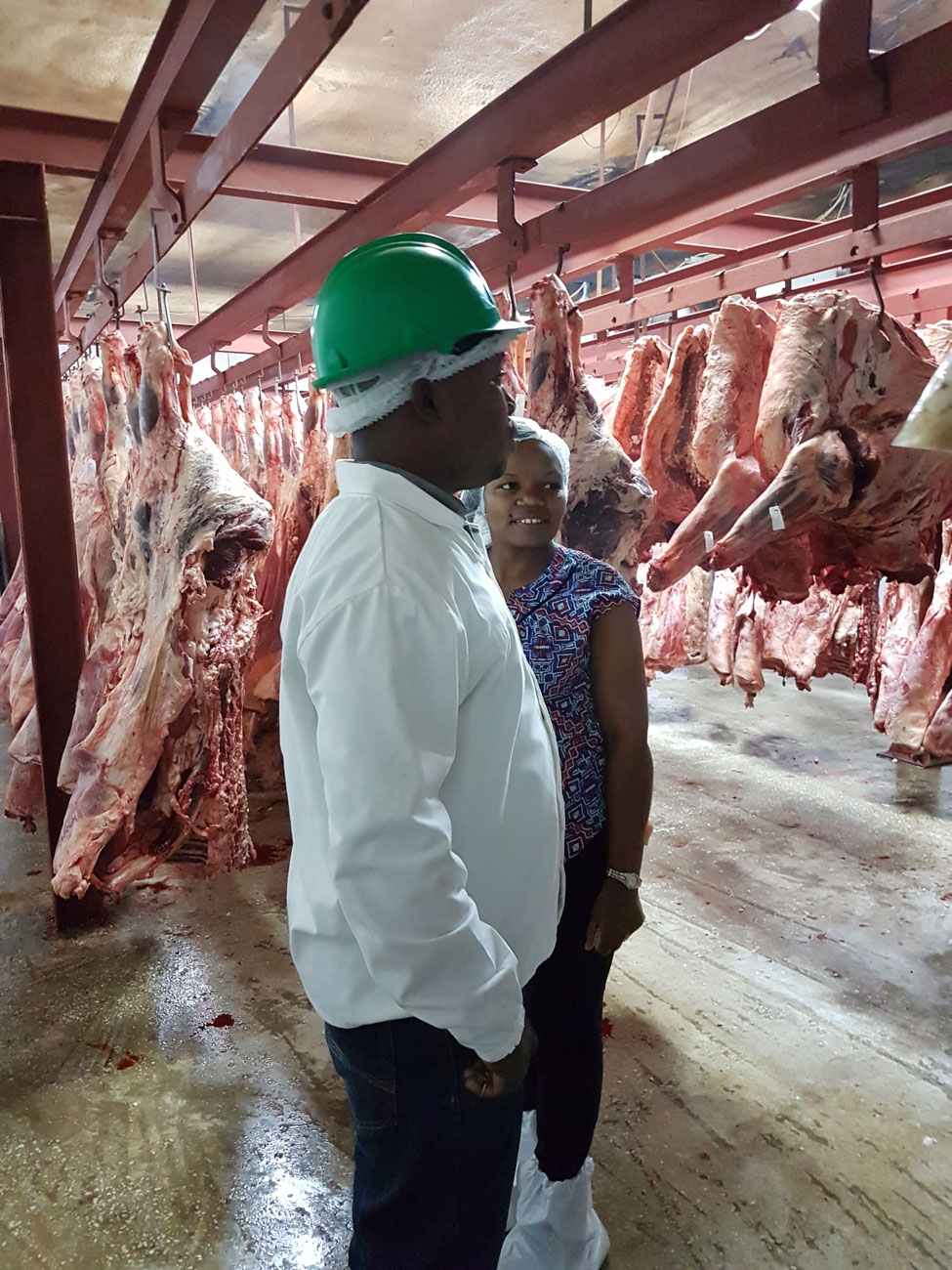About the ITP
The overall objective of the ITP-programme “Healthy livestock – safe food” is to reduce poverty and vulnerability among smallholder farmers. This is done by addressing how improved health in food producing animals can impact a sustainable and safe production of animal derived products, including how this interrelates to the reduced use of antimicrobials.
Knowledge is one of the main keys to improving animal health and preventing infectious animal diseases. This can in turn lead to healthier livestock that can produce safe food and reduce hunger. This ITP aims to increase the knowledge and awareness of how good animal health and welfare is crucial for a safe food supply chain.
The ITP Healthy livestock – safe food, contributes to the fulfilment of the Agenda 2030 and the development plans of each participating country. The programme is designed to suit the needs of the participating countries in the animal health sector, and to contribute to poverty reduction by promoting sustainable livestock production with a smallholder focus. Thus, the programme relates to several of the UN Sustainable Development Goals (SDGs), especially: No poverty, Zero hunger, Good health and well-being but also Gender equality, Clean water and sanitation, Climate action, Life below water, Life on land, and Partnership for the goals.

The main objectives of the programme are:
- improved animal health
- reduced number of zoonotic infections in humans
- decreased development of antimicrobial resistance
- reduced presence of antibiotic residuals in food
After completing the programme, the participants should have increased knowledge about:
- The importance of preventive measures for improved animal health, animal welfare and reduced antimicrobial use.
- Surveillance and control of endemic, epizootic and zoonotic diseases, including food-borne zoonoses.
- The benefits of applying a synergistic approach to increased food safety in the value chain from stable to table, and how their organisation in collaboration with other actors can use this approach.
The establishment of informal and formal networks between participants on a national and regional level is also a very important output of the programme that enhances cooperation and serves to achieve the overall objectives.

What is an ITP?
Sida's International Training Programme (ITP) offers key people from different institutions in low- and middle-income countries training in implementing reforms. The objective of the ITP is to create opportunities for long-term and sustainable change. The different programmes support low- and middle-income countries' reform plans in key areas. They cover everything from health, education, social security systems and human rights to patents, information and communication technology, trade, energy, the environment and climate adaptation. In the long-term perspective, the programmes shall contribute to institutional strengthening and capacity development in the co-operating countries.
Read more
Last reviewed 24/07/2025


